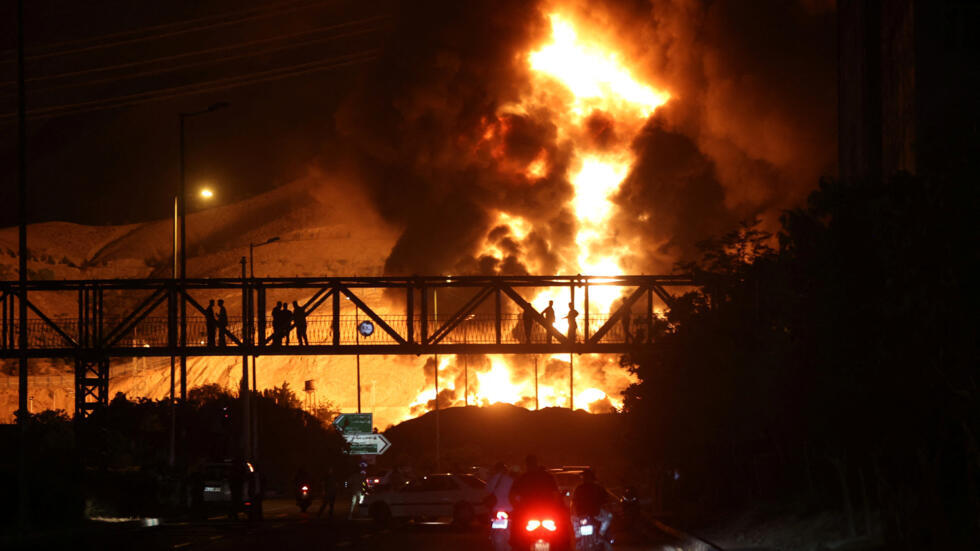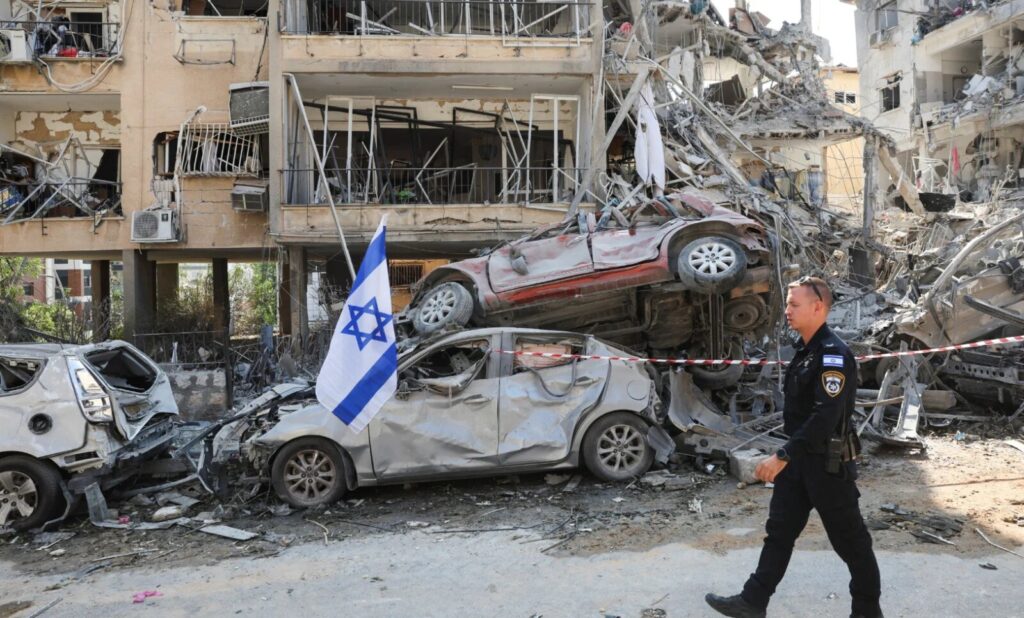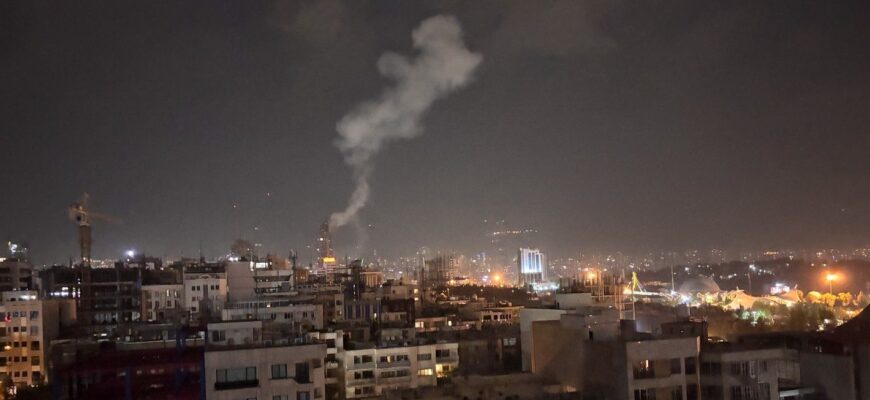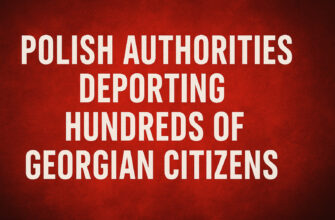The recent escalation between Israel and Iran has sent shockwaves across the globe, marking a dramatic shift in an already tense relationship. On June 13, 2025, Israel launched a series of airstrikes targeting Iran’s nuclear facilities, military bases, and key figures, sparking immediate retaliation and raising fears of a broader conflict in the Middle East. This article, prepared by journalists at the informational resource TheMors, dives deep into the reasons behind this bold move, the fallout that followed, and how the world has responded. Whether you’re trying to understand the geopolitical stakes or just curious about what’s next, we’ve got you covered with a clear, detailed breakdown.
What Sparked the Israel-Iran Conflict?
The roots of this confrontation stretch back decades, but the immediate trigger lies in Israel’s long-standing concern over Iran’s nuclear ambitions. Israeli officials have repeatedly claimed that Iran is on the brink of developing nuclear weapons, a development they see as an existential threat. Intelligence reports, including those from the Israeli military, suggested that Tehran was nearing a “point of no return” in its nuclear program, prompting preemptive action. The operation, codenamed “Rising Lion,” involved over 200 aircraft and targeted sites like Natanz, a key uranium enrichment facility, as well as military commanders and nuclear scientists.
This wasn’t a sudden decision. Tensions had been building since Iran’s support for proxy groups like Hezbollah and Hamas, which have clashed with Israel over the years. The April 2024 attack on an Iranian consulate in Damascus, attributed to Israel, killed several high-ranking Iranian officers, setting the stage for retaliation. Iran’s response came in the form of drone and missile strikes, which Israel largely intercepted with help from allies like the U.S. and Jordan. However, the June 2025 strikes marked a significant escalation, with Israel aiming to cripple Iran’s military and nuclear capabilities once and for all.
Experts point to Israel’s strategic calculations. Prime Minister Benjamin Netanyahu has long argued that a nuclear-armed Iran would destabilize the region, giving Tehran leverage over its neighbors. The timing also coincided with a perceived weakness in Iran’s leadership following internal protests and economic strain from international sanctions. For many in Israel, the attack was a necessary gamble to protect national security, though it came with risks of igniting a wider war.

The Immediate Consequences of the Attack
The aftermath of Israel’s strikes was swift and chaotic. Reports from Iranian state media confirmed significant damage to Natanz, with satellite imagery revealing destroyed buildings and disrupted operations. The International Atomic Energy Agency (IAEA) noted that while radiation levels remained stable, the attack set back Iran’s nuclear program by months, if not years. However, the human toll was staggering—dozens of military personnel, including the head of the Islamic Revolutionary Guard Corps (IRGC), Hossein Salami, and several nuclear scientists, were killed.
Iran didn’t stay silent. Within hours, it launched a retaliatory barrage of ballistic missiles targeting Israeli cities like Tel Aviv and Jerusalem. Israeli defenses, bolstered by U.S. and allied support, intercepted most of the incoming threats, but not without cost. Fires broke out in residential areas, and at least four Israeli civilians lost their lives, with dozens injured. The exchange of fire disrupted air travel, with both nations closing their airspace temporarily, stranding thousands of passengers.
Economically, the impact was felt globally. Oil prices surged as markets reacted to the instability in the Middle East, a region critical to energy supplies. Stock markets, including Wall Street, saw sharp declines, reflecting investor fears of a prolonged conflict. For ordinary people in the region, the strikes brought a mix of fear and defiance. In Tehran, residents reported hearing explosions and seeing smoke, while in Israel, families huddled in bomb shelters, unsure of what was coming next.
The attack also exposed vulnerabilities in Iran’s air defense systems. Israeli forces reportedly used a combination of airstrikes and covert operations by the Mossad to bypass radar, hitting targets with precision. This tactical success raised questions about Iran’s ability to protect its infrastructure, potentially emboldening other adversaries.
How the World Reacted to the Escalation
The international response to the Israel-Iran conflict has been a mix of condemnation, calls for restraint, and strategic maneuvering. The United States, Israel’s closest ally, distanced itself from the initial strikes, with President Donald Trump stating that the U.S. was not involved militarily but would monitor the situation closely. Washington urged both sides to de-escalate, offering Iran a “last chance” to return to nuclear negotiations, though skepticism remains about Tehran’s willingness to comply.
European nations, including France and Germany, echoed calls for peace, with leaders expressing alarm over the risk of a regional war. The United Nations issued statements urging an immediate ceasefire, but its influence appeared limited as both Israel and Iran dug in their heels. Iran’s Supreme Leader, Ayatollah Ali Khamenei, vowed a “severe response,” raising the red flag of vengeance over a key mosque, a traditional signal of retaliation.
Russia and China, both with interests in the region, took a more cautious stance. Moscow criticized the strikes but stopped short of direct involvement, possibly due to its ongoing commitments in Ukraine. China called for dialogue, likely wary of disruptions to its oil imports from Iran. Meanwhile, Arab states like Saudi Arabia and the UAE, despite their own tensions with Iran, expressed concern, fearing a spillover that could destabilize the Gulf.
Public opinion varied widely. On social media platforms like X, some users praised Israel’s boldness, while others condemned the attack as reckless, predicting a cycle of violence. Analysts noted that the strikes could shift the balance of power in the Middle East, weakening Iran’s proxies like Hezbollah while opening the door to unpredictable alliances.
What This Means for the Future
The long-term implications of the Israel-Iran conflict are still unfolding, but several scenarios are taking shape. One possibility is a sustained campaign by Israel to neutralize Iran’s nuclear threat, potentially involving more strikes and covert operations. Netanyahu has hinted at a multi-day operation, suggesting that Israel is prepared for a prolonged effort. This could strain Israel’s military resources and invite further retaliation, possibly drawing in other regional players.
Another outcome is a diplomatic push to contain the crisis. The U.S. might pressure Israel to scale back, offering Iran incentives to rejoin the 2015 nuclear deal, though past failures of such agreements cast doubt on this approach. Iran, for its part, could double down on its nuclear program, accelerating efforts to achieve a deterrent capability, which would heighten tensions further.
For the average person, the conflict brings uncertainty. Travel warnings have been issued for the Middle East, and businesses are bracing for higher energy costs. In Israel and Iran, daily life is disrupted by security measures, with schools closing and economic activity slowing. The human cost—lost lives, displaced families, and psychological stress—adds urgency to finding a resolution.
The attack also highlights the fragility of peace in the region. With Iran’s proxies weakened but not destroyed, and Israel’s defenses tested, the stage is set for either a fragile truce or an escalation that could involve other nations. The next few weeks will be critical in determining whether diplomacy can prevail or if the Middle East is headed for a larger confrontation.
Expert Insights and Local Perspectives
Journalists at TheMors spoke with regional analysts to get a clearer picture. One expert, a former U.S. diplomat based in the Middle East, suggested that Israel’s move was a calculated risk to shift the regional power dynamic. “They’re betting that a weakened Iran will force its allies to rethink their strategies,” he said, adding that the success of this gamble depends on international support.
On the ground, reactions differ. An Israeli resident near Tel Aviv shared, “We’re used to sirens, but this feels different—more intense. I just want my kids to feel safe again.” In Tehran, a local shopkeeper noted, “People are angry, but also scared. We don’t know what’s coming next.” These personal accounts underscore the human stakes behind the headlines.
Military analysts have praised Israel’s tactical execution, noting the use of advanced drones and Mossad operations to hit targets deep inside Iran. However, they caution that Iran’s resilience and support from Russia and China could prolong the conflict. The destruction of Natanz, while significant, didn’t fully dismantle Iran’s nuclear infrastructure, leaving room for recovery.
How to Stay Informed
As this story develops, staying updated is key. TheMors is committed to providing accurate, timely coverage of global events like the Israel-Iran conflict. Our team of journalists is tracking every move, from diplomatic talks to military developments, to keep you informed. Check back regularly for the latest updates, expert analysis, and firsthand accounts.
For those affected or simply curious, understanding the context is crucial. This isn’t just a regional dispute—it’s a flashpoint with global ramifications. Whether you’re worried about energy prices, travel plans, or the safety of loved ones, knowing the facts can help you navigate the uncertainty.

Frequently Asked Questions
What caused Israel to attack Iran?
Israel launched the attack due to concerns that Iran was close to developing nuclear weapons, which it sees as a direct threat. Intelligence reports and past tensions with Iran’s proxy groups fueled the decision.
How has Iran responded to the strikes?
Iran retaliated with missile and drone attacks on Israeli cities, causing casualties and damage, though most were intercepted by Israeli and allied defenses.
Will this lead to a bigger war?
It’s possible but not certain. Experts suggest it could escalate if diplomacy fails, potentially involving other Middle Eastern countries or global powers like the U.S. and Russia.
What are the economic impacts?
The conflict has driven up oil prices and caused stock market drops, affecting global economies, especially those reliant on Middle East energy.
How can I get the latest news?
Stay tuned to TheMors for ongoing updates and in-depth reporting on the Israel-Iran situation and other breaking news stories.
Ready to dive deeper into this unfolding story? Visit TheMors – Breaking News for the latest updates, expert insights, and more compelling content that keeps you ahead of the curve. Don’t miss out—explore our site today and stay informed on the issues that matter!









